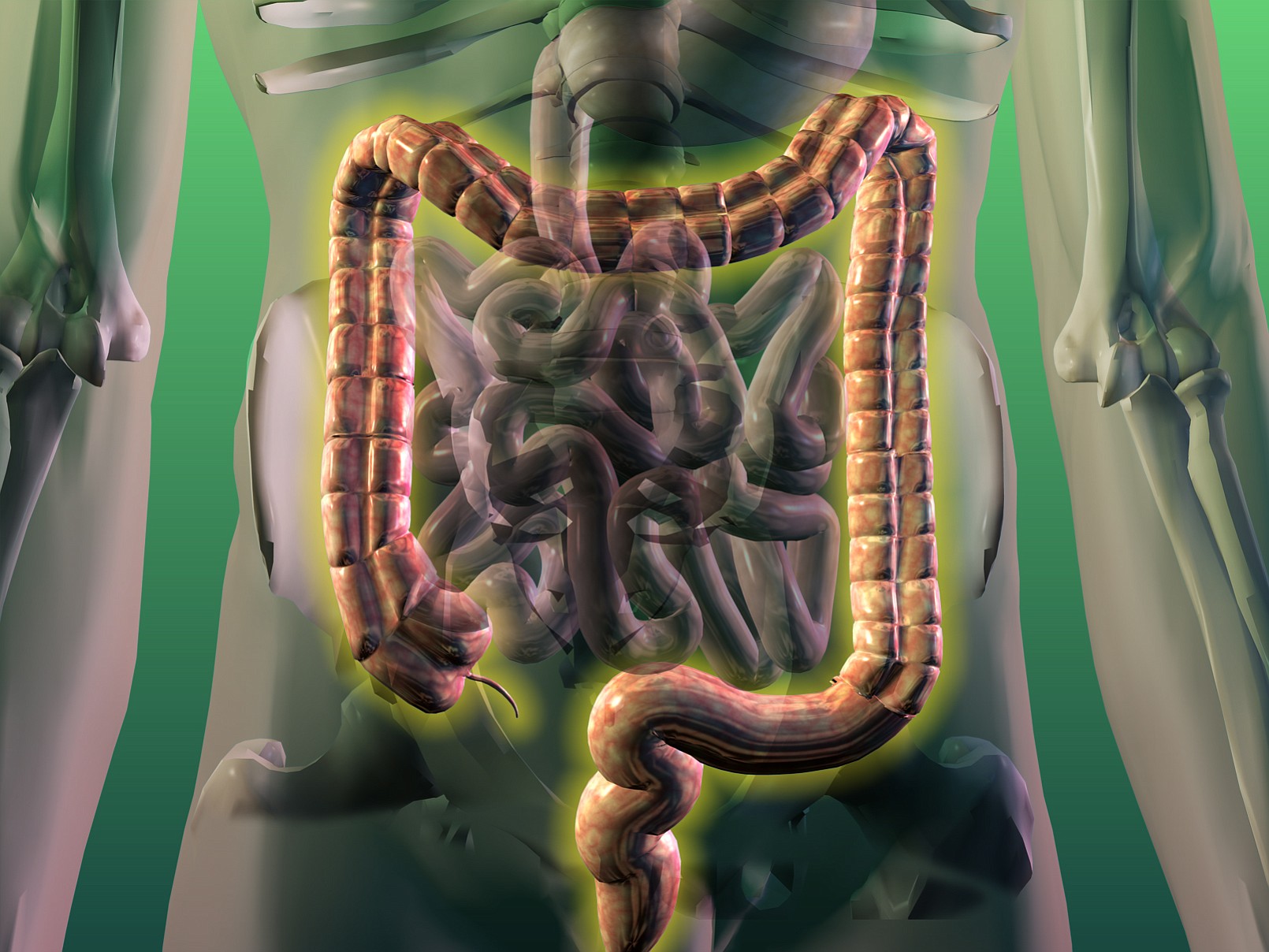Medical providers at Legacy Health hospitals are seeing a disturbing new trend: high rates of late-stage colorectal cancer cases showing up in emergency departments.
Legacy Cancer Institute released data Thursday on the number of Stage 3 and Stage 4 colorectal cancer cases being diagnosed as a result of visits to area emergency departments. Legacy Health began tracking the diagnoses after Dr. Harald Schoeppner, medical director at Legacy Medical Group-Gastroenterology in Gresham, Ore., noticed the trend in his office.
“I wanted to see if the data supported what I was seeing in my own clinic, and when I saw the hard numbers, I was astonished,” Schoeppner said in a news release.
Across the Legacy system, 48 percent of all Stage 4 colorectal cancer cases and 30 percent of all Stage 3 cases were diagnosed as a result of an emergency room visit. Those rates are higher in Vancouver.
At Legacy Salmon Creek Medical Center, 65 percent of Stage 4 cases (11 of 17 colorectal cancer cases) and 37 percent of Stage 3 cases (15 of 41 cases) were diagnosed after trips to the ER.
Mount Hood Medical Center and Legacy Emanuel Medical Center had even higher rates, with 81 and 89 percent, respectively, of Stage 4 diagnoses coming after ER visits.
“Two-thirds of all Legacy patients who are diagnosed with late-stage colorectal cancer after a visit to the ER have never been screened,” Schoeppner said. “Their average age is 73, so it’s not because they are uninsured, it’s because they do not believe it’s important.”
Legacy Cancer Institute recommends that most people begin screening for colorectal cancer at age 50. People with certain risk factors — such as African Americans, who have a higher risk than other ethnic groups, or people with blood relatives who have had colorectal, ovarian or uterine cancer — should begin screening earlier.
Among the screening options are a colonoscopy every 10 years, yearly stool blood tests and a flexible sigmoidoscopy (a thin, flexible tube with a camera) exam every five years.
“These numbers tell a story, and it is our hope the public will learn from it — get screened, pay attention to your body and don’t wait,” Dr. Joe Frankhouse, medical director of the Colorectal Cancer Center at Legacy Good Samaritan, said in the news release.
Symptoms
Colorectal cancer often has no symptoms. But often, when patients are experiencing symptoms severe enough to warrant a trip to the emergency department, the cancer is more advanced and more likely to be deadly, according Legacy Health.
According to Schoeppner, about two-thirds of patients who arrive in Legacy ERs with symptoms have a bowel obstruction that is causing bleeding and pain. They also notice changes in their bowel habits, he said.
Other possible symptoms of colorectal cancer include pain or cramping in the abdomen, unexplained weakness or fatigue, inadvertent weight loss, the urge to have a bowel movement that is not relieved once complete, bleeding or stools that are dark or contain blood.




